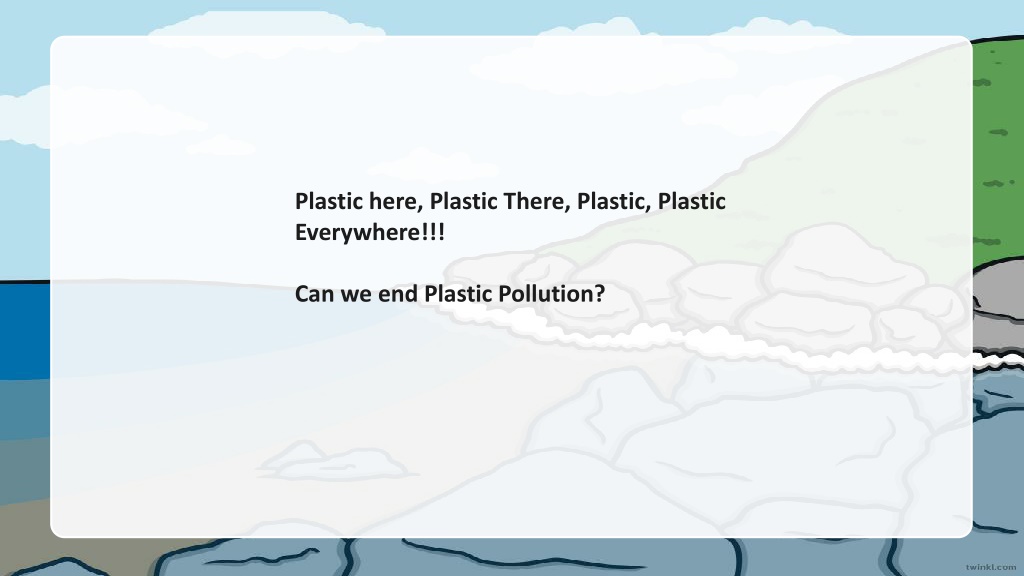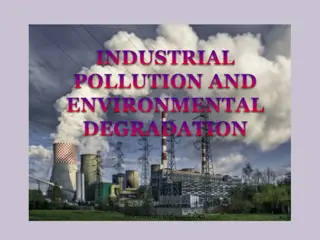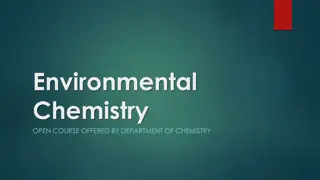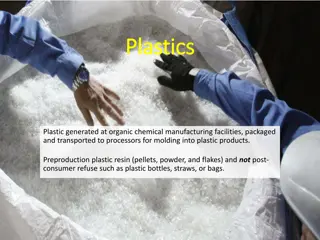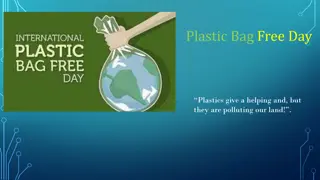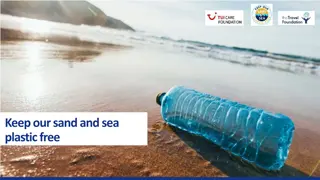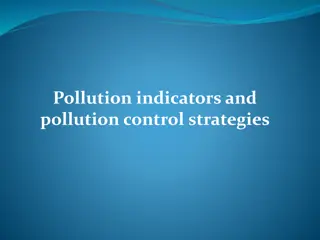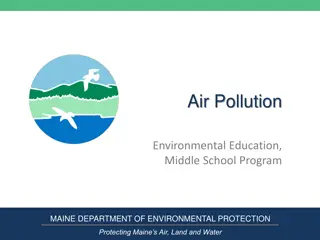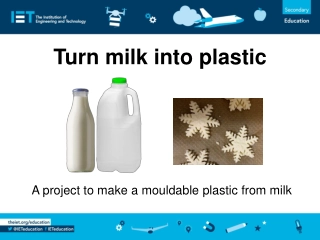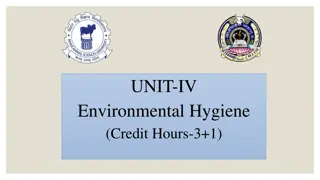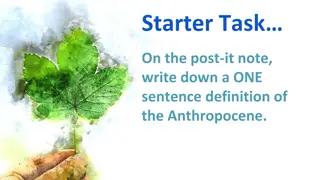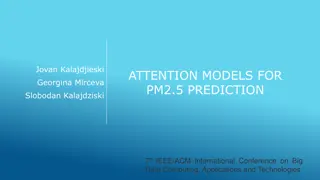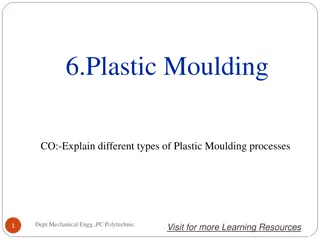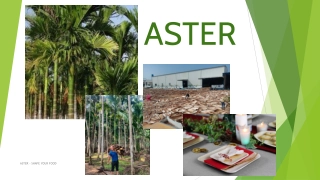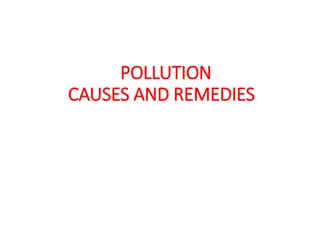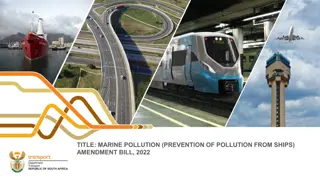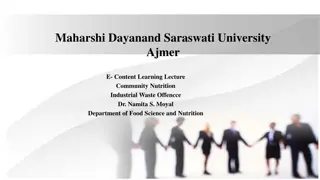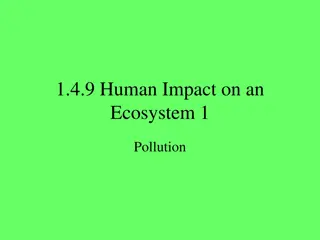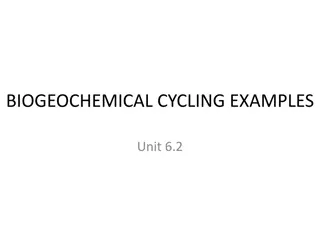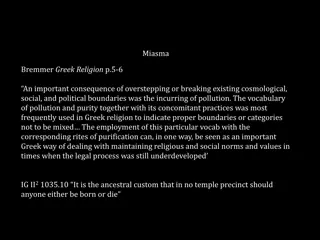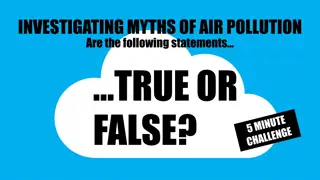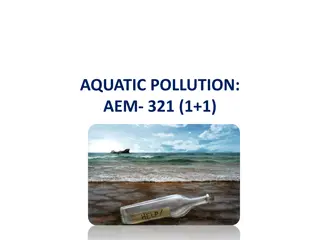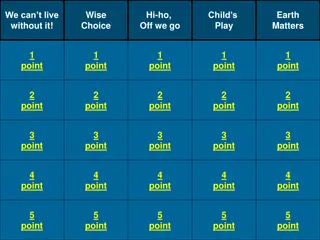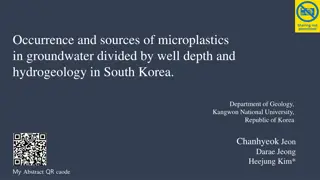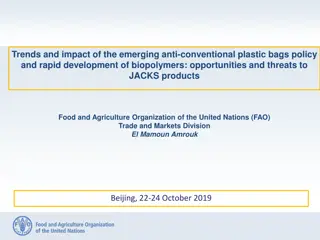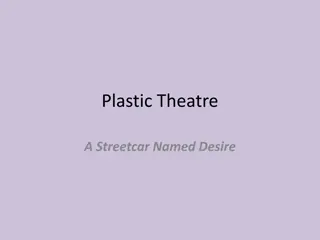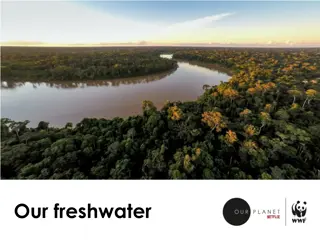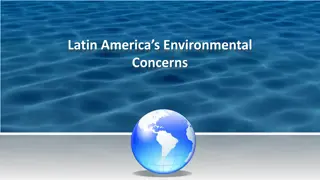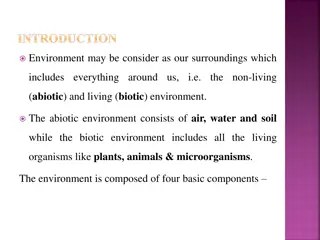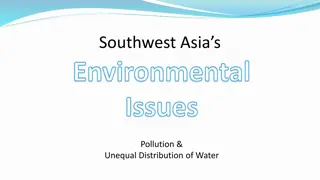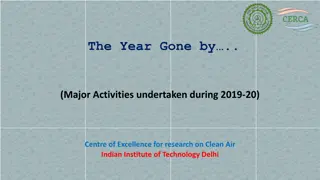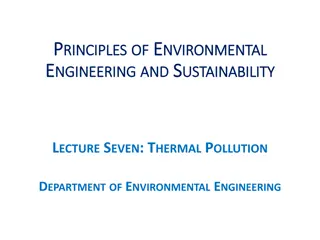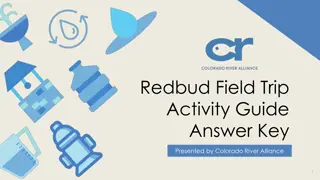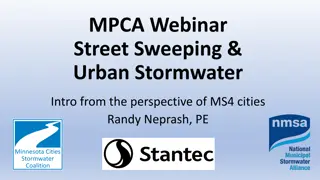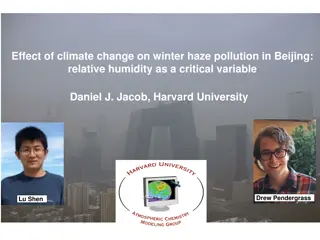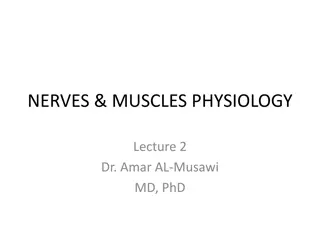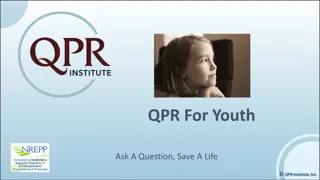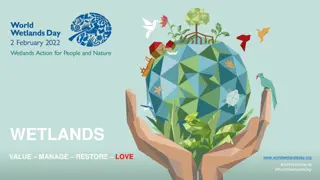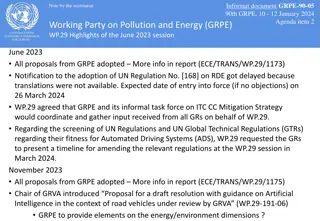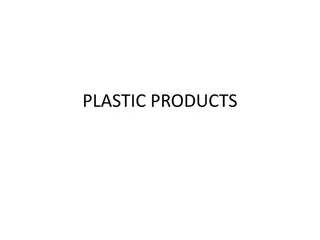Taking Action Against Plastic Pollution
Plastic pollution is a pressing global issue that harms both the environment and human health. The excessive use of plastic leads to devastating consequences, such as ocean pollution and wildlife endangerment. This article emphasizes the importance of reducing single-use plastics, adopting recycling practices, and raising awareness among individuals and businesses. By implementing small changes in daily habits, such as using reusable items and avoiding plastic disposables, everyone can contribute towards combating plastic pollution and preserving the planet for future generations.
Download Presentation

Please find below an Image/Link to download the presentation.
The content on the website is provided AS IS for your information and personal use only. It may not be sold, licensed, or shared on other websites without obtaining consent from the author. Download presentation by click this link. If you encounter any issues during the download, it is possible that the publisher has removed the file from their server.
E N D
Presentation Transcript
Plastic here, Plastic There, Plastic, Plastic Everywhere!!! Can we end Plastic Pollution?
Plastic Pollution We need to end Plastic Pollution. The aim is to lower plastic pollution. It is important to educate companies, adults and children alike about the problems that plastic causes to both our environment and health. Did You Know? Every second, 160 000 plastic bags are used around the world. .
Why is Plastic Harmful? Plastic can be very useful as it is strong and inexpensive. However, because of the chemicals that are used to make it, plastic does not decompose like natural products. This means that most plastic ends up in landfills or worse, in our oceans. Plastic is harmful for both humans and wildlife. Animals often ingest plastics or become entangled in it. Did You Know? In 2012, there was approximately 165 million tons of plastic pollution in the oceans.
What Can You Do to Help and Why? Stop buying water. Not only are single use plastics bad for the environment, some are made from harmful chemicals which can affect our bodies and how they work. Carry a reusable bottle instead. Say no to straws and plastic bags. These are very harmful to sea life. Carry a reusable bag with you and don t use straws. Reject, reduce, reuse and recycle plastics. Think about all the rubbish thrown away in your house. Can you stop buying some plastic items, reuse them, give them to a friend or take them to a recycling centre?
What Is Recycling? Recycling is the process by which old materials and objects are reused or made into new products. By using recycled items, less raw (natural) materials are used up and wasted. Recycling also helps to improve the environment as it reduces air, water and land pollution. The following items can currently be recycled: Plastic containers Plastic wrappers Water bottles Plastic bags Rubber bags Look out for this sign on packaging. It means that that particular plastic may or may not be recycled by your local authority.
What is a Landfill Site? Landfill sites are designated areas for waste products to be disposed of. More recently, waste at landfill sites is buried under ground. Although this is a cheap form of waste disposal, the affects on the environment, humans and wildlife can be dangerous as they can cause pollution of water, air and land nearby. Did You Know? If we do not recycle more, our landfill sites will be full in approximately 7 years.
How Can You Support? Help to plant trees in your local area Reduce, reuse and recycle Walk or use a bike Help to reduce pollution by walking to school or by using your bike. Could your school organise a sponsored event? Ask your teacher if you can plant some trees in the school grounds. This helps to slow down global warming. Think about all the things you throw away. Can you reuse it, give it to a friend or charity shop, or take it to a recycling centre? This will slow down the filling of landfill sites. ! .
